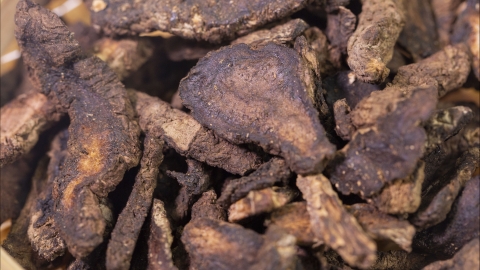Can pregnant women take Sheng Di Huang (Rehmannia glutinosa Libosch.)?
Raw rehmannia refers to raw rehmannia root. Generally speaking, postpartum women can consume an appropriate amount of prepared rehmannia root, but it is not recommended to take raw rehmannia root. The detailed explanation is as follows:

During the postpartum period, a woman's body is usually relatively weak, and symptoms such as deficiency of blood and qi or yin deficiency may occur. Prepared rehmannia root has functions of nourishing blood and yin and enriching essence and marrow. Consuming an appropriate amount can help improve these symptoms and promote postpartum recovery. Therefore, if a postpartum woman experiences symptoms of blood and qi deficiency or yin deficiency, and it is determined by a doctor that she can consume it, then taking an appropriate amount of prepared rehmannia root is acceptable.
Raw rehmannia root is sweet and bitter in taste and cold in nature. It has effects of clearing heat, cooling blood, nourishing yin, and promoting body fluid production. Its use may affect the circulation of blood and qi, which is not conducive to postpartum recovery, especially for women with a cold constitution, who should avoid consuming it altogether. Before consuming any Chinese herbal medicine, postpartum women should consult a professional TCM practitioner to ensure appropriate treatment based on individual constitution and specific condition.
In daily life, attention should also be paid to a balanced diet, with increased consumption of foods rich in protein, vitamins, and minerals to promote physical recovery. At the same time, overly greasy, spicy, or raw cold foods should be avoided to prevent affecting digestion, absorption, and the quality of breast milk.




